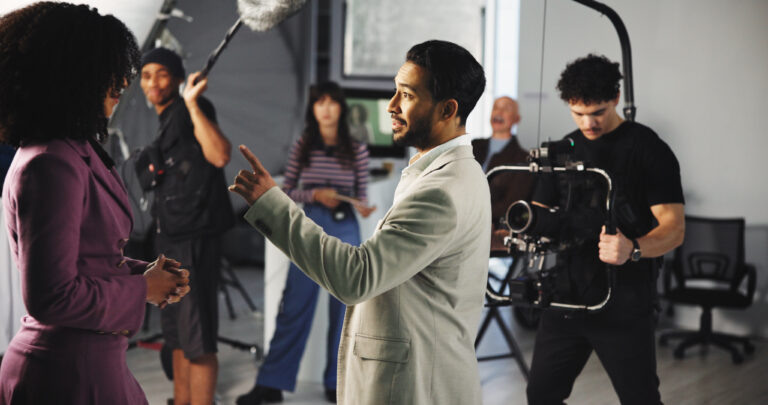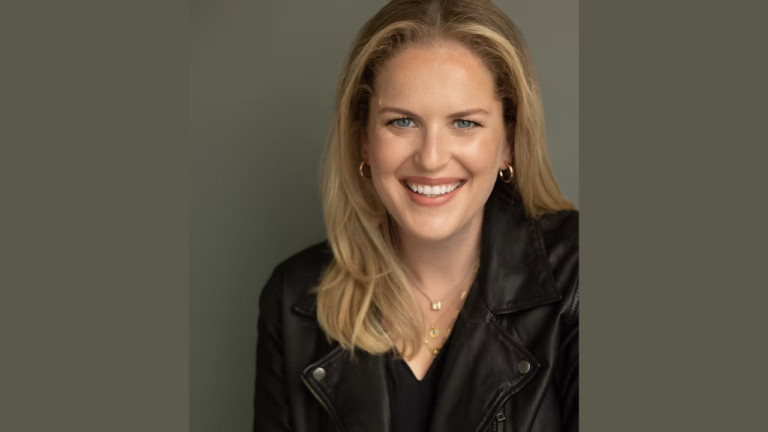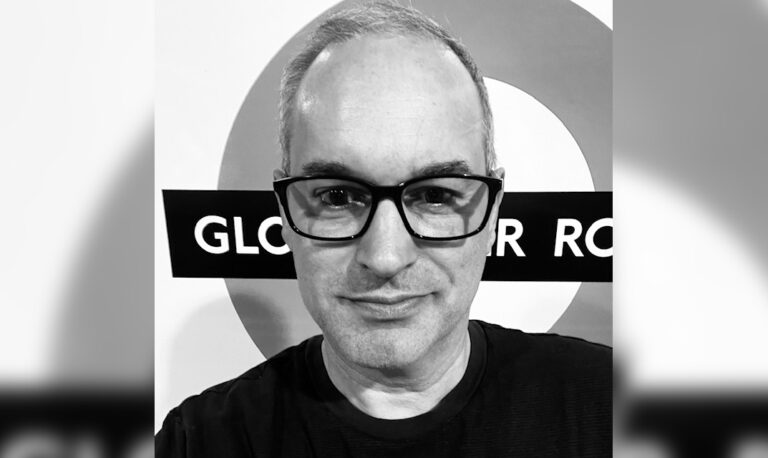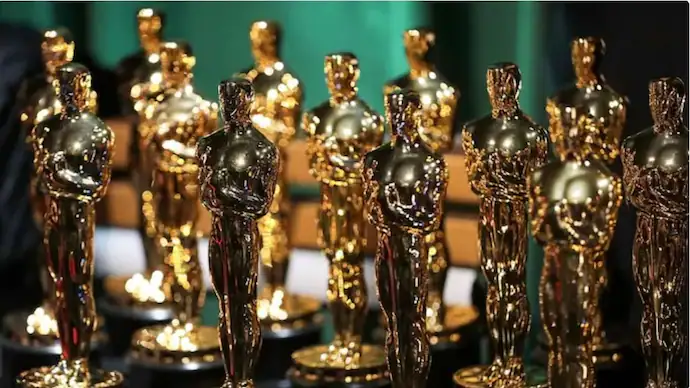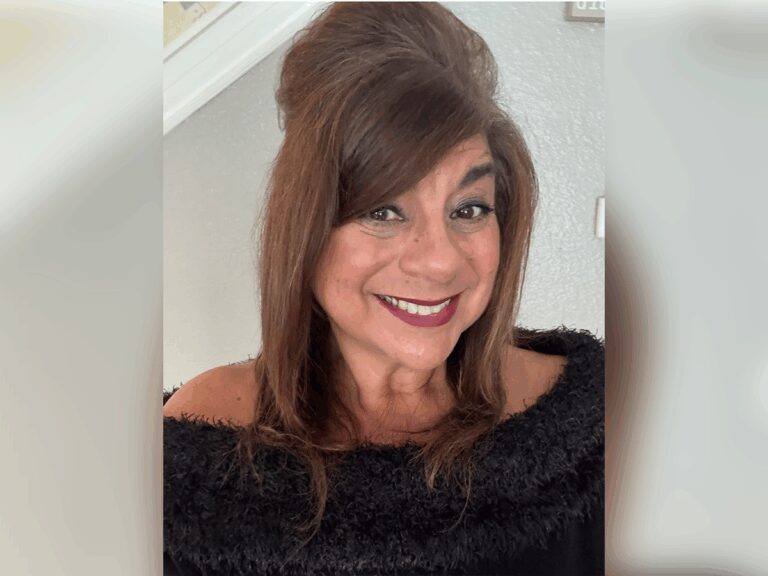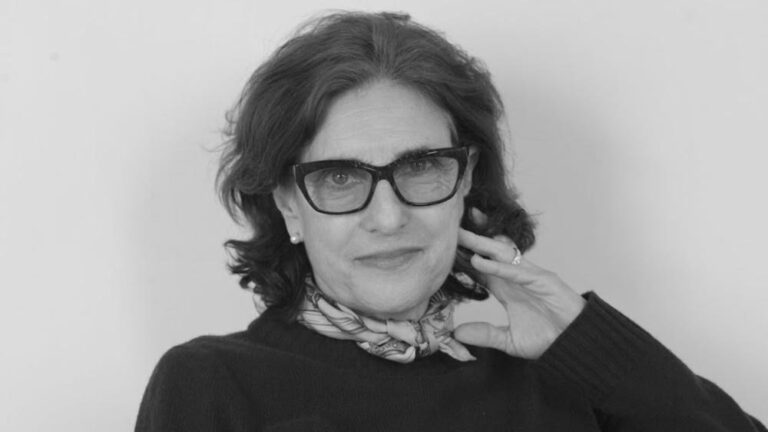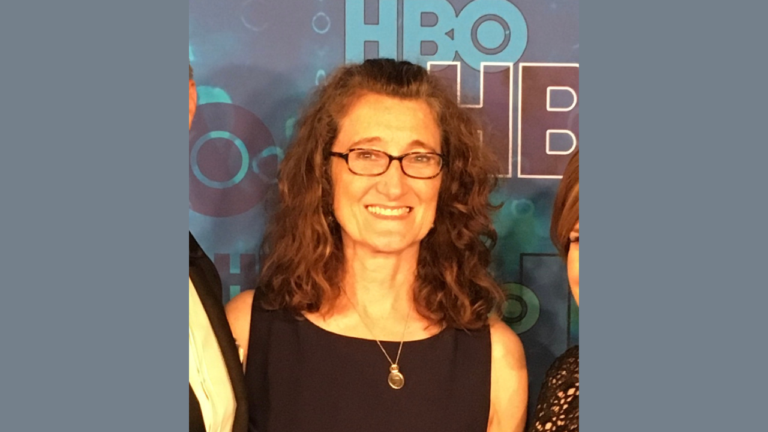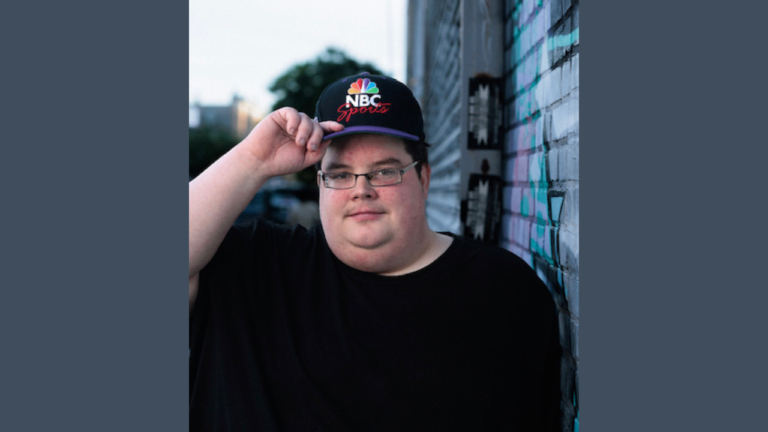Let’s talk about something that often lives in the shadows of casting rooms and call sheets: how actors feel about their bodies and the changes they go through with age.
The pressure in this industry to stay forever young, and fit a narrow beauty ideal is not subtle. From red carpets to headshots, to Instagram grids to on-screen appearances — your look can sometimes feel like your calling card. But when your work is to embody humanity, shouldn’t your own humanity — flaws, wrinkles, changes, uniqueness — be part of your power?
This blog is for the actors navigating the emotional terrain of body image and aging in an industry that doesn’t always make space for those realities. You’re not alone. And you’re not wrong for struggling with it. But there’s a powerful shift that’s happening — and you’re invited to be a part of it.
Insights: Tips for Navigating the Body Image Trap
- Prioritize emotional connection to your role over physical appearance.
- Adopt body neutrality, appreciating your body for what it can do, not just how it looks.
- Curate your media consumption to include diverse, authentic representations of people.
The Industry’s Narrow Lens (And Why It’s Expanding)
It’s no secret: the entertainment industry has long leaned toward youth, thinness and idealized versions of beauty. This not only skews representation but sends subtle (and not-so-subtle) messages about who is “marketable,” “desirable” or “right” for a role.
But let’s call this out for what it is — outdated. Human beings come in every shape, age and size. And the more that storytelling reflects real people, the more inclusive (and honest) the industry becomes.
More and more, actors and creators are pushing back against narrow casting norms.
Take Demi Moore, for example. Now in her 60s, she’s been open about her shift in perspective after years of trying to meet unattainable standards. “I was torturing myself,” she told Glamour in 2023, reflecting on the emotional toll of trying to maintain a specific image. Now, she embraces wellness, intuitive self-care and authenticity over aesthetics.
Or Christina Ricci, who has spoken candidly about the unrealistic pressures she felt earlier in her career. She told People magazine, “There’s freedom in no longer trying to control how people see me. That’s not my job anymore. My job is to tell the truth through my work.”
These stories echo something we all know deep down: when we stop trying to shrink ourselves (literally or metaphorically), we get to show up more fully — and more powerfully.
What Aging Really Brings to Your Craft
There’s a lie we’re told: that aging diminishes our value in the acting world. But here’s the truth — aging deepens your well. It expands your emotional palette. It strengthens your empathy, your patience and your presence.
A therapist who works with many creatives, Dr. Allison Keating, puts it like this: “With age comes a more layered understanding of human experience. That’s a gift to your characters. If you’re always trying to be 25, you’re robbing the story of what you actually know.”
Think of actors like Frances McDormand, Viola Davis, Bryan Cranston or Michelle Yeoh — performers who’ve brought breathtaking nuance to their roles as they’ve aged. They’re not just allowed to age; they’ve embraced it, and it’s become part of their power.
The Body Talk: Beauty ≠ Worth
Let’s talk about body image. Whether you’re plus-size, petite, curvy, muscular, tall, short or anywhere in between, the industry has likely tried to squeeze you into a “type” at some point. And that “type” can often feel restrictive.
Actor Jameela Jamil has been vocal about the toxic beauty expectations within Hollywood. “I was told I needed to lose weight to be on TV,” she told The Guardian. “It took me a long time to realize that the problem wasn’t me — it was the system.”
No actor should feel like their value is conditional on how they look. Your body is not a problem to fix. It’s the instrument you use to create. And when you honor it as such, everything changes.
Enroll in Thrive today and take the first step towards a healthier, more balanced life.
Practical Ways to Reclaim Power Over Your Image
So, how do you begin to untangle your self-worth from industry beauty standards and instead root it in your artistry, your integrity and your humanity? Start here:
1. Shift Focus From Surface to Substance
It’s easy to get caught up in how you appear, especially when you’re constantly seeing yourself on camera. But what if you made a conscious choice to redirect your energy?
Instead of asking, “Do I look the part?,” ask, “Am I connecting to the truth of this character?” Instead of obsessing over angles in your self tape, ask, “Did I make a bold, grounded choice?”
When you focus on what you’re bringing emotionally and artistically, your relationship with your appearance softens.
2. Build Body-Neutral Practices Into Your Day
You don’t have to love every inch of your body all the time. That’s not realistic. But you can practice body neutrality — the idea that your body is valuable not because of how it looks, but because of what it allows you to do.
Try this:
- Take a walk and thank your body for moving.
- Do voicework and thank your breath for supporting it.
- After a long rehearsal, thank your body for holding space for big emotions.
These simple shifts add up. Over time, your body becomes less of an “image project” and more of a trusted partner in your work.
3. Curate Who and What You Consume
Follow actors, creators and influencers who are celebrating authenticity, aging and diverse body types. Unfollow accounts that make you feel like you’re not enough.
Normalize seeing aging faces, fuller bodies, natural lines and curves — and remind yourself: This is what humanity looks like. And it’s beautiful.
4. Talk About It (You’re Not Alone)
One of the most healing things you can do is talk with other actors about these struggles. Whether it’s in an acting class, with a therapist, or in a group text with your actor friends — share the feelings. It breaks the shame cycle and builds solidarity.
Therapist and creative wellness coach Rachel Wright says, “When actors share their body image struggles with each other, they build a healthier culture. It becomes less about performing perfection, and more about supporting humanity.”
5. Work With What You’ve Got — And Show It Off
Your look is part of your casting. That doesn’t mean you’re limited — it means you have a lane. And when you own it, it becomes your strength.
Think about Danny DeVito, Mindy Kaling, or Octavia Spencer — none of whom fit traditional Hollywood molds. And yet, they’ve built incredible careers by leading with authenticity, confidence and talent.
What’s your essence? Nurture it. Embody it. Let it lead.
A Final Note: You Are Enough, Just as You Are
If there’s one thing we want to leave you with, it’s this: Your worth as an actor is not tied to your size, your weight, your skin texture or your age. It’s tied to your truth. Your empathy. Your creativity. Your courage to show up and be seen.
The world doesn’t need more actors trying to look like each other. It needs actors who are fully themselves.
So wear the years you’ve lived. Let your stretch marks and laugh lines tell stories. Be the representation you once needed. And know that with every audition, every role, every self tape — you’re not just showing up for a character. You’re showing up for you.
And that’s the most powerful thing of all.
As an actor, there are unique challenges you may face when submitting for roles and looking for the next booking. When navigating your emotions, particularly negative or self-doubting ones, it can help to speak to a professional. That’s why we offer our Thrive program as part of our Premium membership to provide flexible, affordable access to therapy, mental health resources and other healthcare benefits to support actors in maintaining their well-being. Investing in your mental health is not just about preventing burnout; it’s about thriving in both your career and personal life.
You may also like:
